In Georgia, David Morris, a property owner, faced a shocking request from a squatter: a $190,000 payment to leave the land he had allowed people to use freely.
This demand came as Morris attempted to evict squatters from his nine-acre property in Atlanta, a situation complicated by the city’s eviction moratorium.
Generosity Meets Reality
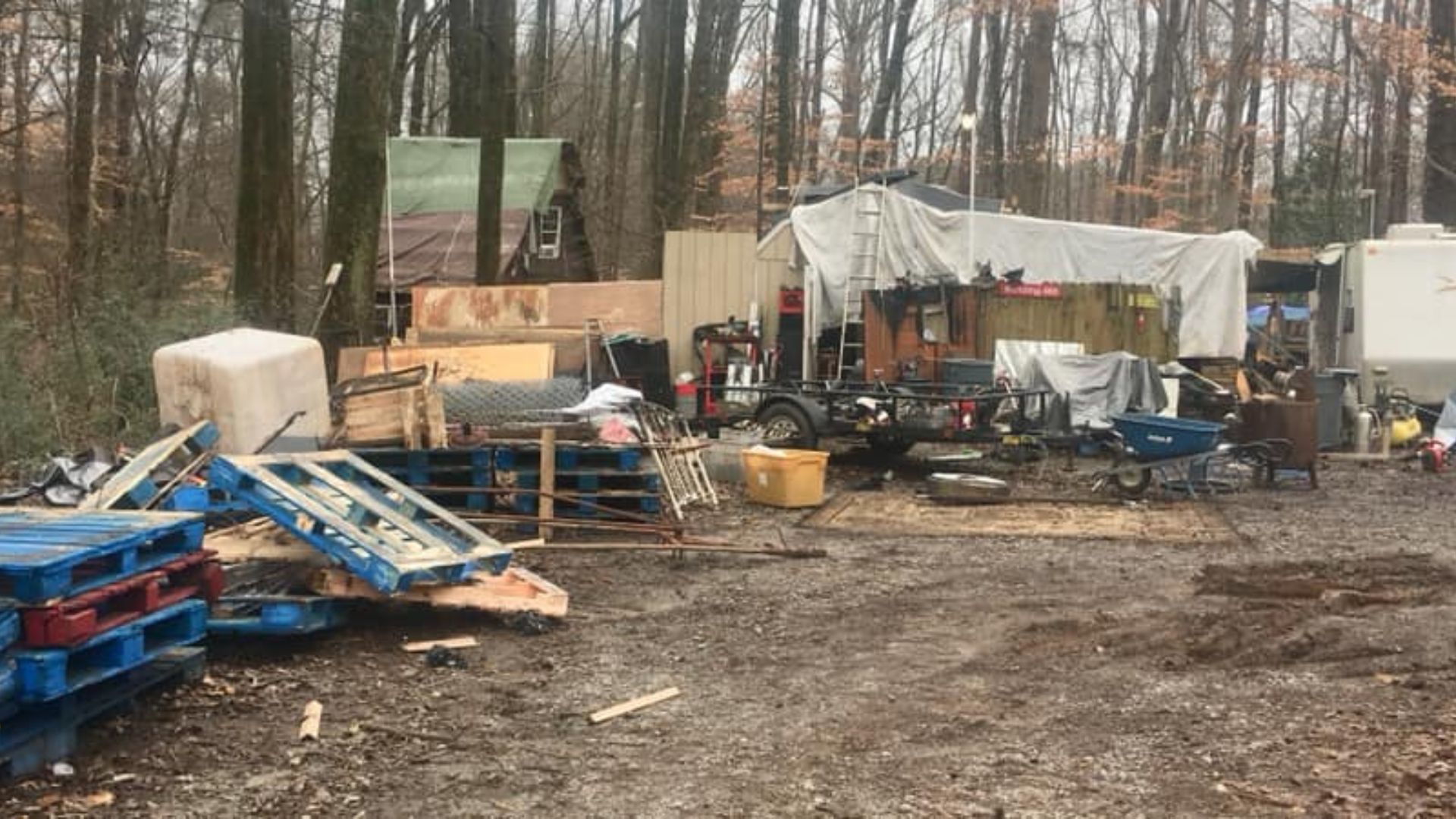
Before the pandemic, Morris’s land was a sanctuary for those in need, offered at no cost.
As the world grappled with COVID-19, he decided it was time for the squatters to leave, only to discover the eviction process was frozen, leaving him in a difficult position with residents he had only meant to help temporarily.
The Moratorium Wall
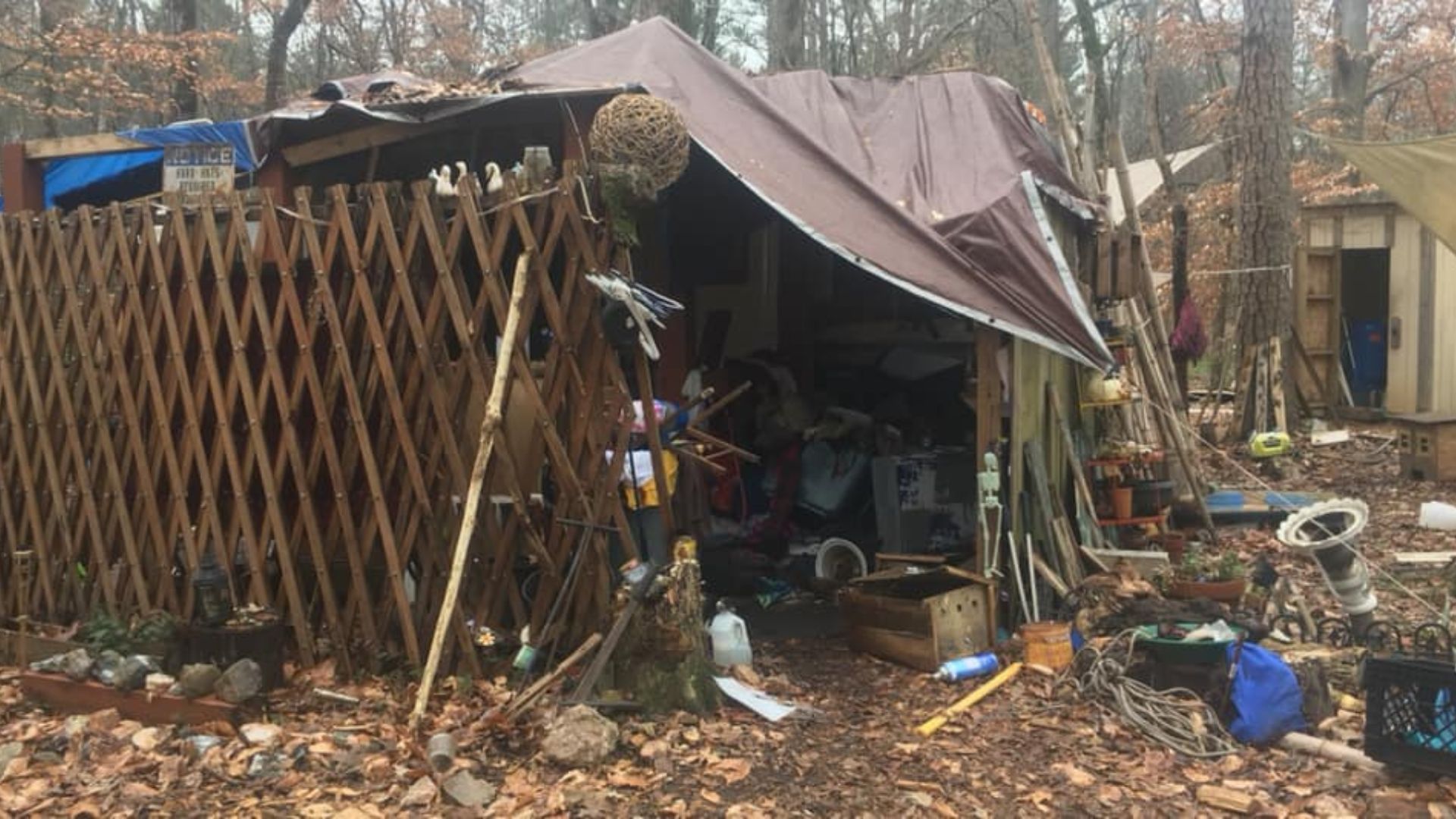
Morris’s attempt to do the right thing was met with a stark reminder from Atlanta officials: evictions were on hold.
This news came at a time when one squatter decided to fight back with a legal claim against Morris, a twist that left the property owner navigating uncharted waters.
Decades of Experience Challenged

With 30 years of experience in real estate, Morris thought he had seen it all. Yet, this squatter scenario presented a unique challenge.
He anticipated the intervention of the Marshals, a move he hoped would resolve the ongoing dispute on his land.
The Cost of Cleanup
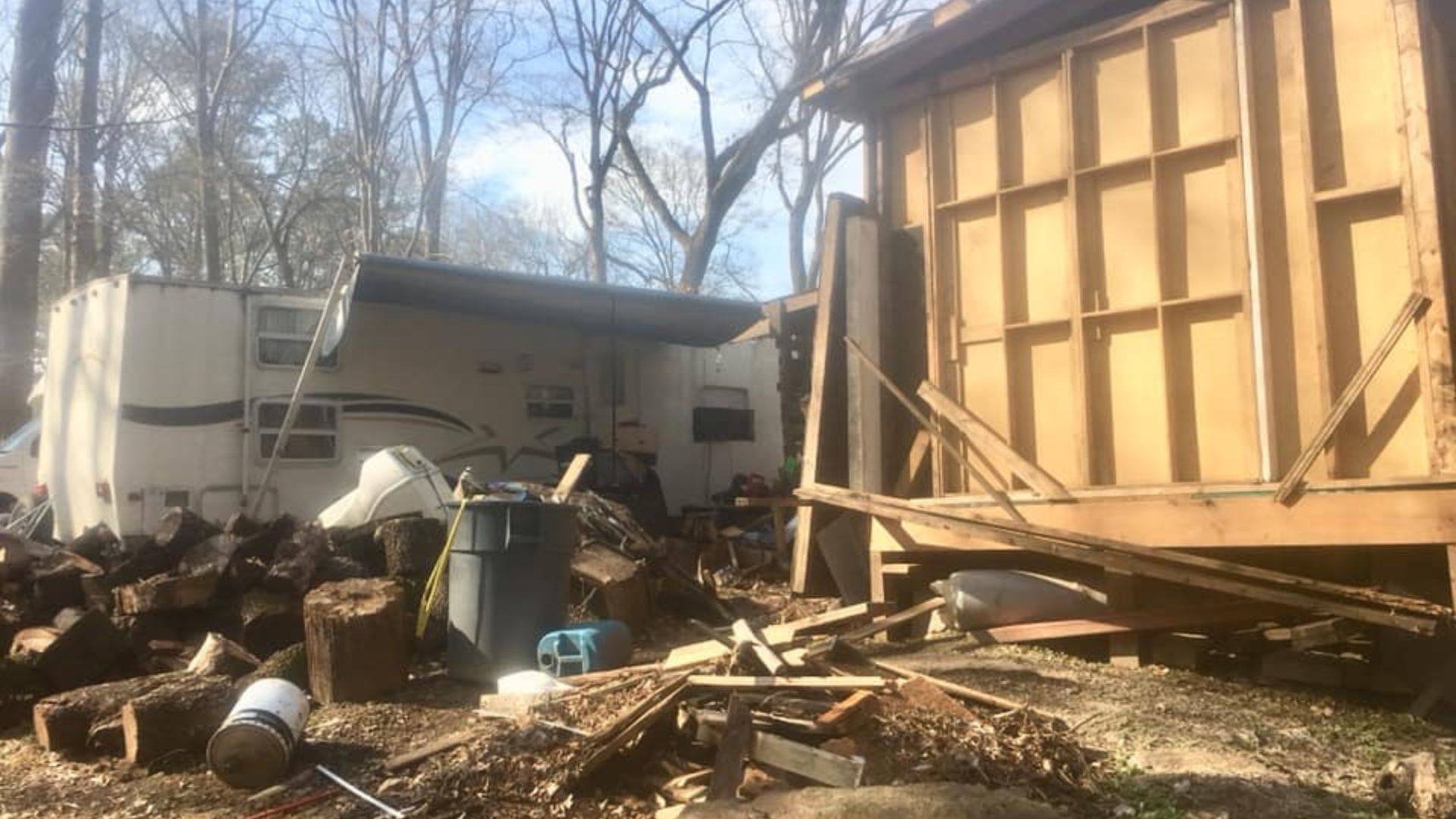
Morris has invested $10,000 in cleaning up his property amidst the eviction efforts.
This financial burden underscores the complexities and unexpected expenses that come with managing a large piece of land, especially when unauthorized residents are involved.
A Widespread Issue
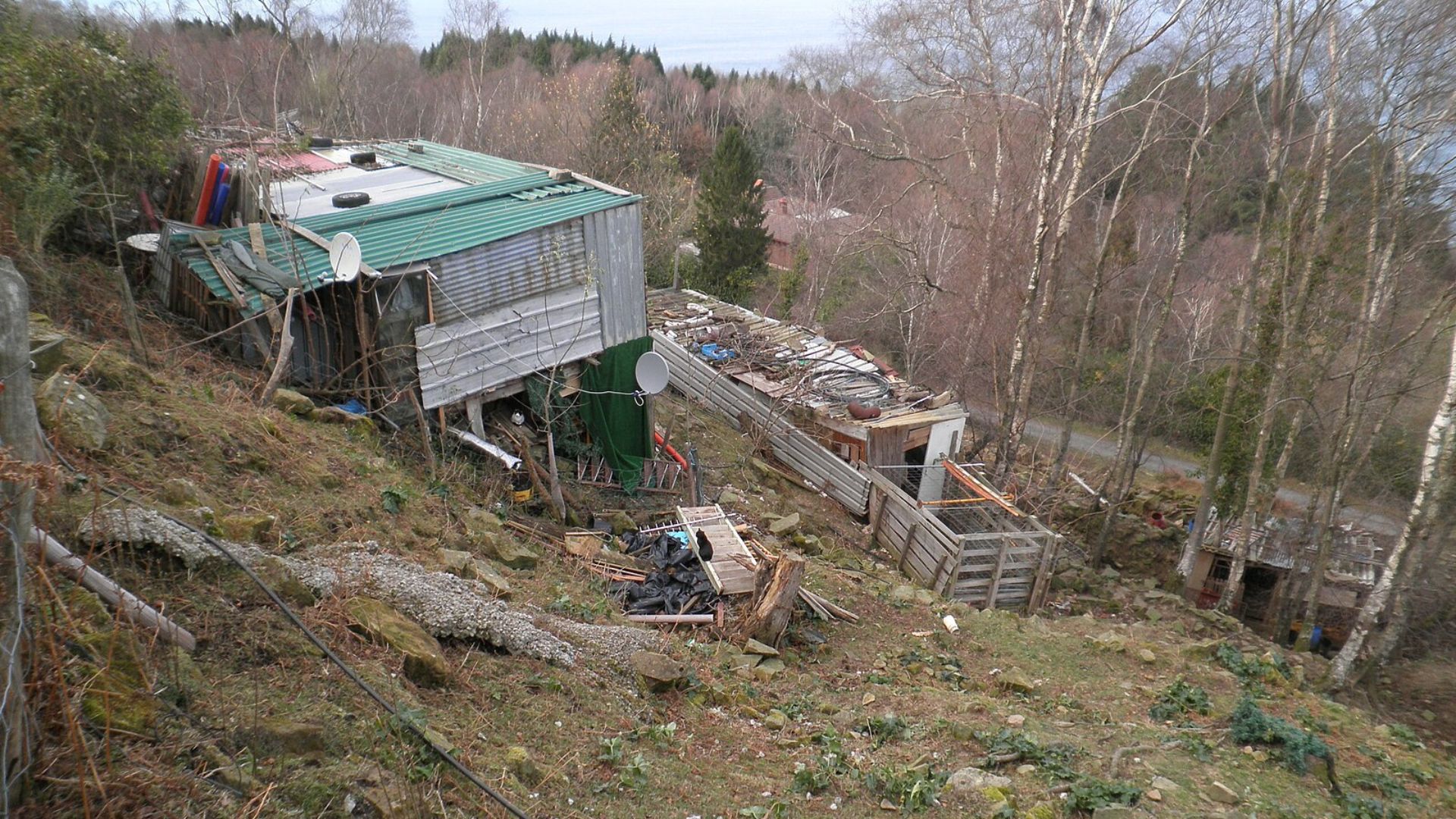
The squatter situation on Morris’s property is not isolated.
Homeowners nationwide are facing similar dilemmas, battling against squatters’ rights and the legal protections that allow individuals to occupy properties they do not own under certain conditions.
Understanding Adverse Possession
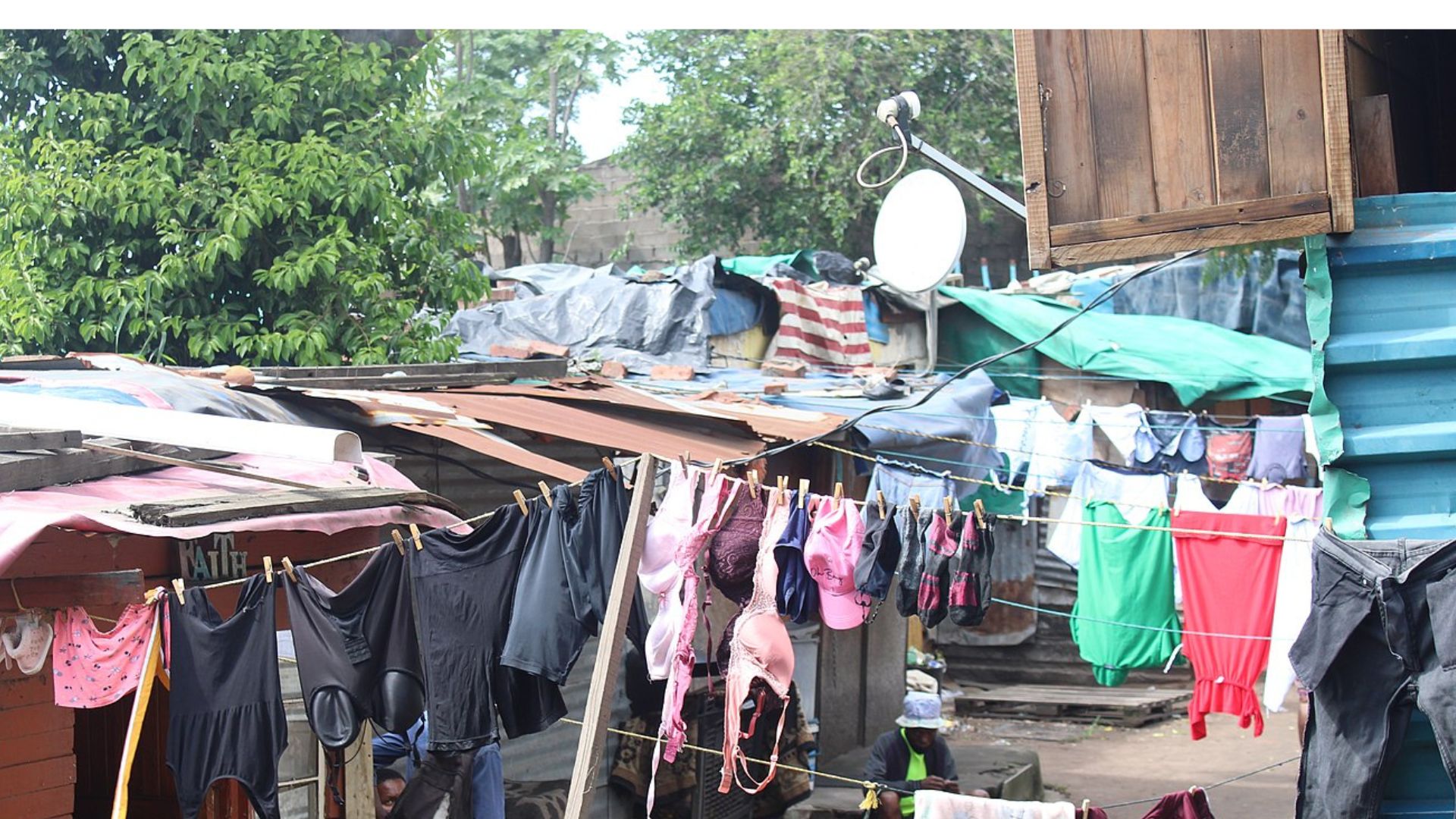
“Adverse possession,” a legal concept allowing individuals to claim ownership of land through prolonged occupation, gained traction during the pandemic.
This principle has become a point of contention as property laws adjusted to the crisis, complicating efforts to remove squatters.
Awaiting Resolution
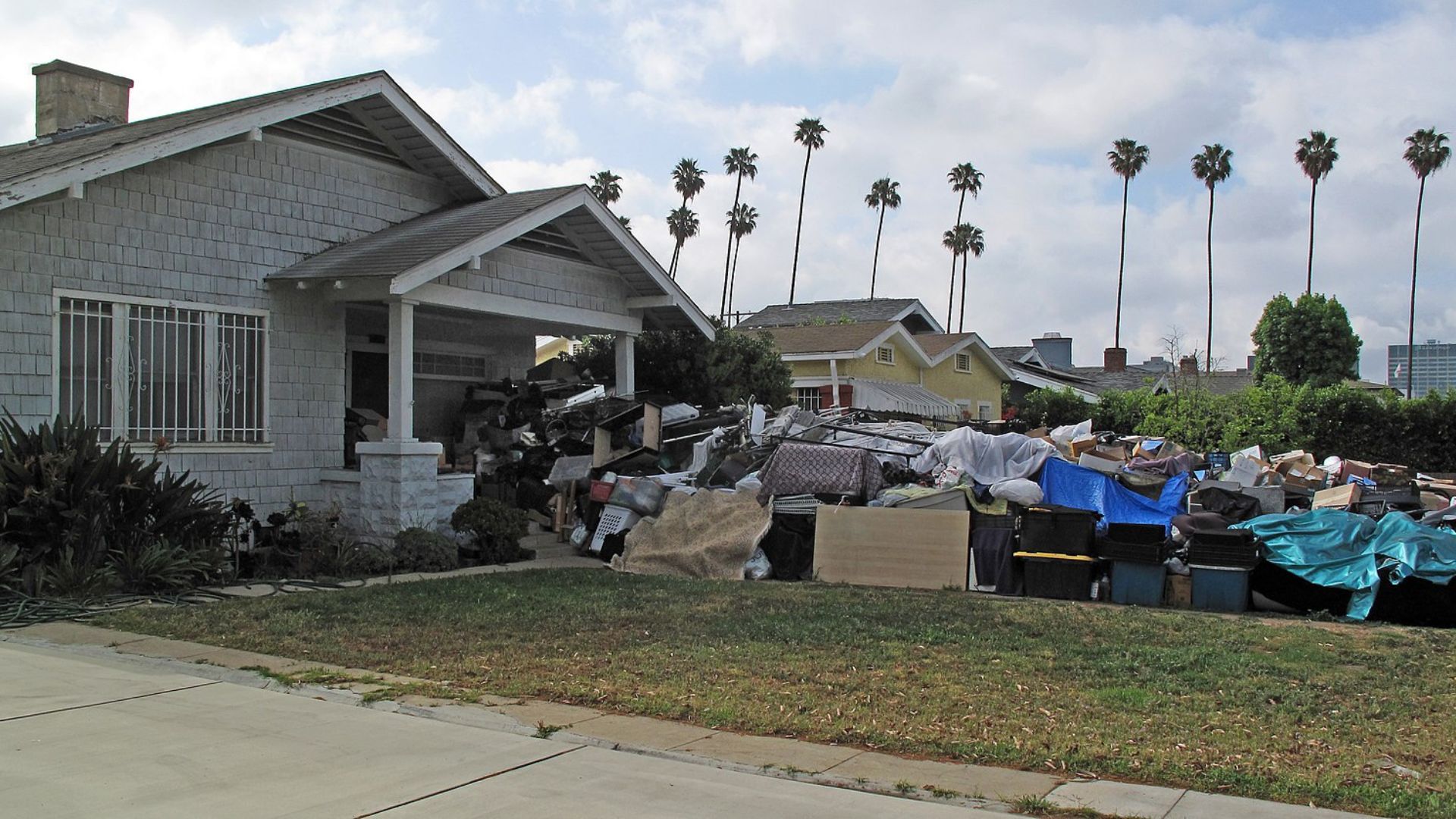
Newsweek reports that according to Morris, the legal battle might drag on, with another 30 days anticipated before any significant action can be taken.
This waiting game adds to the uncertainty and stress of the situation, with Morris holding onto a writ of possession as a beacon of hope.
Legislative Action in Georgia
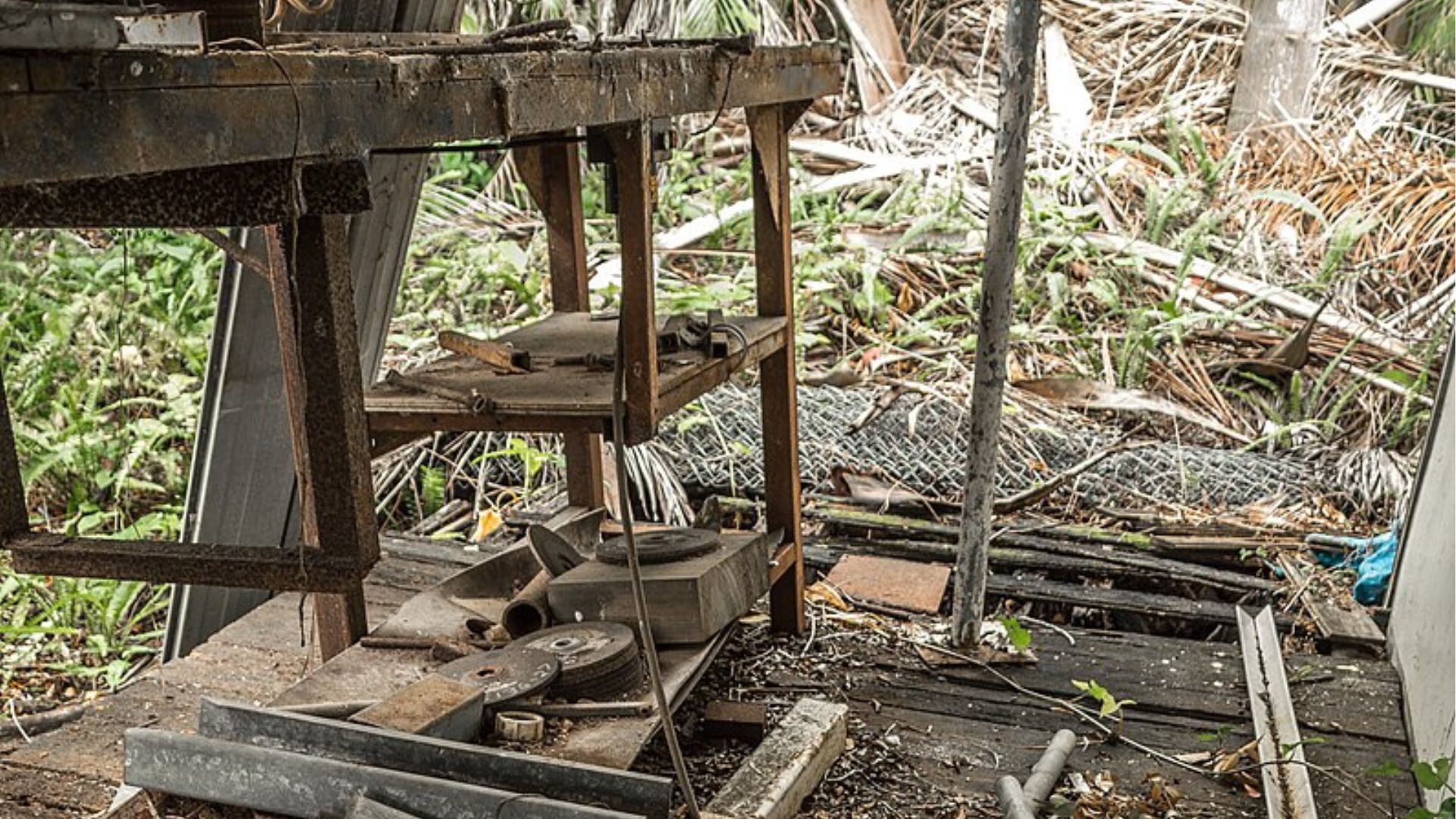
In a significant legislative move, Georgia’s state House and Senate passed a bill aimed squarely at the squatting issue, a response to the challenges faced by property owners.
Rep. Devan Seabaugh (R-Dist. 34) from Marietta has issued a stern warning to squatters: “If you’re squatting in Georgia, now is the time to leave,” he declared. “We’re going to give you a place in the county jail to stay.” Introduced as House Bill 1079 in response to widespread squatting, the bill received unanimous support in the State House of Representatives and is now proceeding to the State Senate for consideration.
A Call for Fairness

Georgia State Senator Ed Setzler highlighted the need for legal reform, pointing out how squatters exploit procedural loopholes.
The proposed legislation seeks to balance the scales, offering a more streamlined process for resolving such disputes.
Securing the Property

In anticipation of evicting the squatters, Morris plans to enhance security around his property.
He envisions erecting a robust fence and installing gates to prevent future unauthorized access, ensuring his land remains protected against similar challenges.
Looking Forward

Morris remains hopeful about the future, envisioning a time when his property is free of squatters.
He is eager to move past this ordeal and focus on the positive aspects of owning and managing his land, signaling a fresh start and a commitment to maintaining order and peace on his property.
